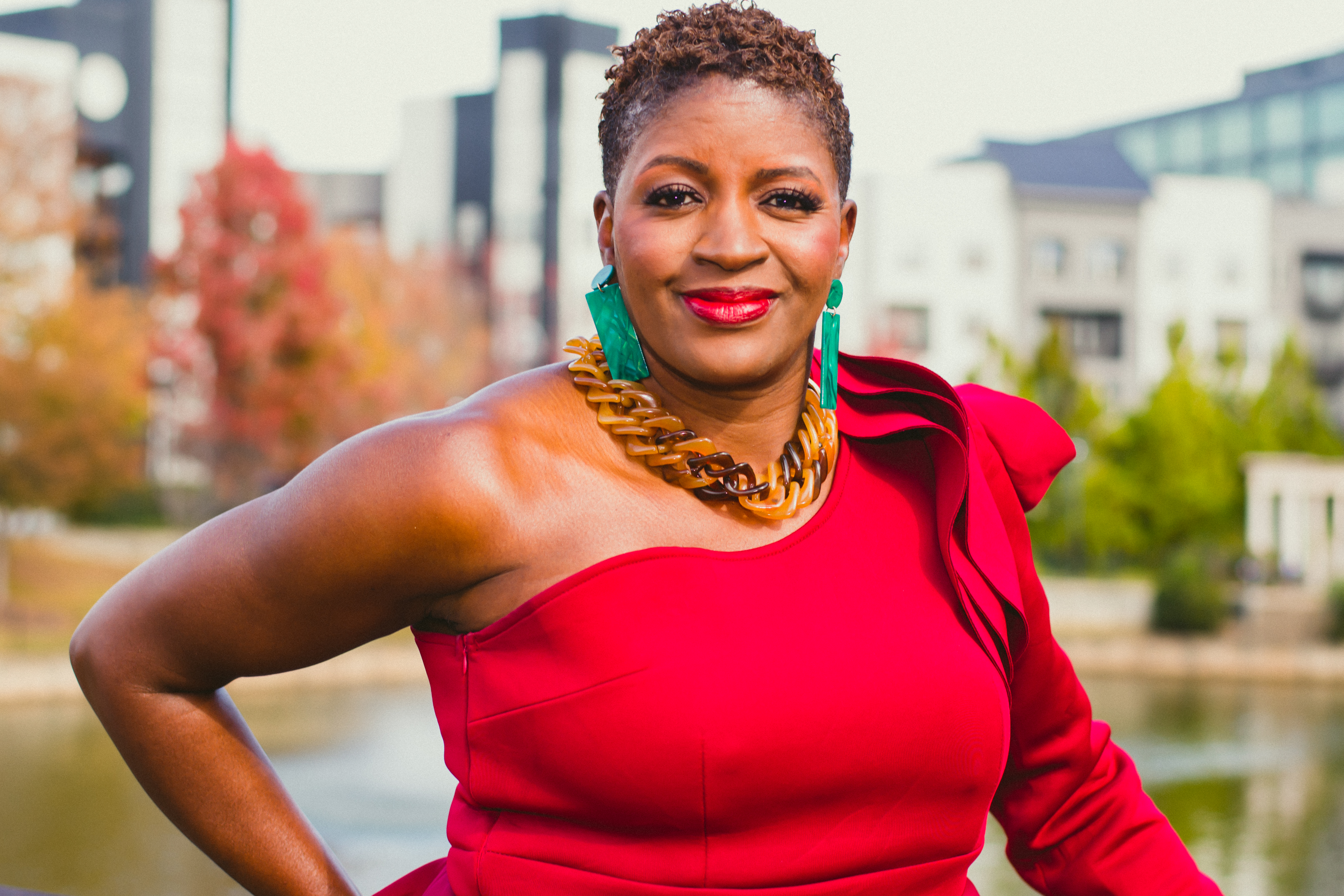
Source: Hiraman / Getty
U.S. Americans spend on average over two hours a day on social media. That figure has increased by over an hour since 2012, so it’s nearly doubled. Is that a problem? Considering that research has found that an increase in social media usage correlates directly to an increase in depression, it sort of is. Additional studies found that checking Facebook can lead to feelings of envy. Envy is something we feel when we think we don’t have enough, and anything that makes us think that can naturally lead to depression, or thoughts that one is falling behind in some way. Being able to compare our lives to those of millions of strangers, in detail, is a relatively new development for humans. In as recently as the year 2000, if you wanted to know what an old middle school buddy was up to, you just had to call her up directly or find out through the grapevine. You couldn’t look at recent photos from her cruise in the Mediterranean or watch a video clip from her wedding. We have such an intimate glimpse into the lives of others through social media, and sometimes, that’s not a good thing.
Even though studies would indicate that getting off social media entirely may be the key to happiness, that simply isn’t an option for everyone. Many professionals know that social media is where potential employers or clients go to find their services. Sometimes social media is the only way to capitalize on certain discounts, or simply track down an important contact. So if you must engage in social media, you might benefit from these tips on using social media while managing your mental health. These tips were provided by Latasha Matthews, licensed therapist, and author of “The Dumping Ground.”

Source: Noah Heinrich / Noah Heinrich
Don’t go down the rabbit hole
So often, we go on social media to check one thing – the time of that Facebook event, a family member’s birthday, or the link to a friend’s recently published ebook. But, what happens is that we can get pulled in. It’s a place of overstimulation. Ever post has a controversial and intriguing headline. Before you know it, you’ve been reading (or engaging in) the combative comment threads on one post for an hour, grabbing article links to back up your point, and getting all worked up. Suddenly, two hours have passed. Matthews advises we, “Take breaks from social media by setting a timer when needed.” Just like with brushing your teeth or putting something in the oven, you set a timer, and when it goes off, that’s it. You’re done.


